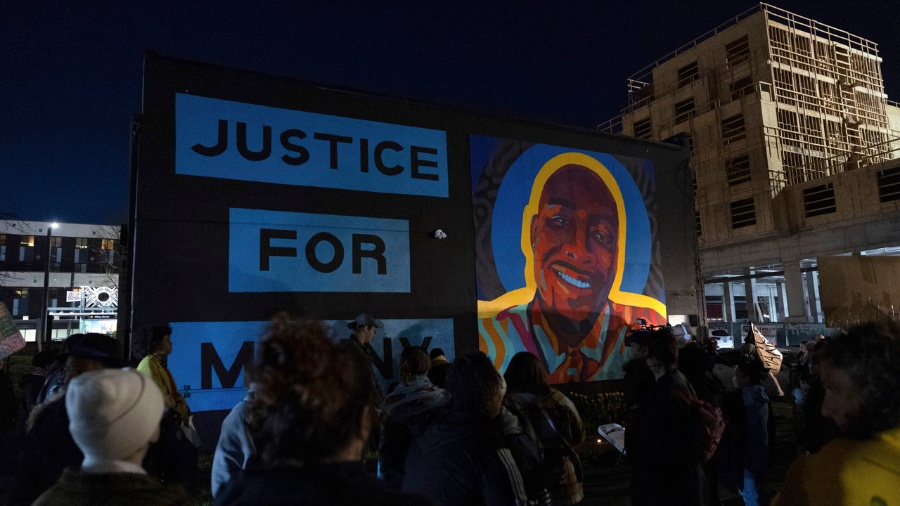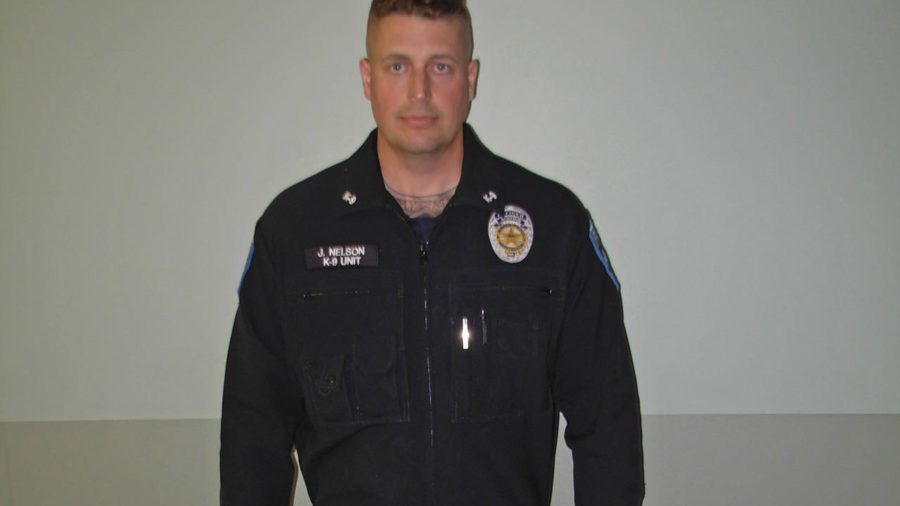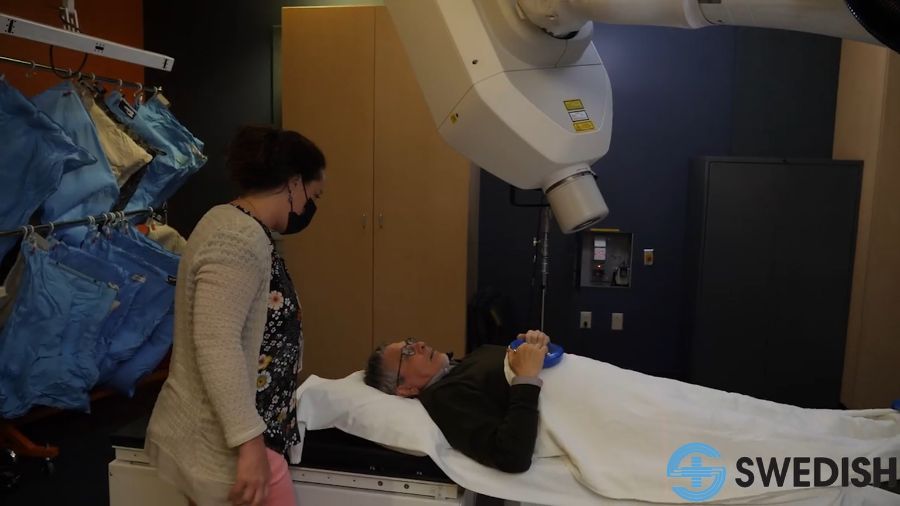US Attorney’s Office to launch its own probe in the death of Manny Ellis
Jan 16, 2024, 8:11 AM | Updated: 9:33 am

Protesters gather at a rally after the verdict was read at the trial of three Tacoma police officers in the killing of Manny Ellis, at Pierce County Superior Court in Tacoma on Thursday, Dec. 21, 2023 (Photo: Maddy Grassy, AP)
(Photo: Maddy Grassy, AP)
The U.S. Attorney’s Office for Western Washington is launching its own investigation into the death of Manuel Ellis— an unarmed Black man who died in the custody of Tacoma Police Department officers in 2020.
Last month, a jury cleared three Tacoma officers of all criminal charges related to Ellis’ death.
Two of the officers — Matthew Collins, 40, and Christopher Burbank, 38 — had been charged with second-degree murder and manslaughter, while Timothy Rankine, 34, was charged with manslaughter. Ellis was shocked, beaten and restrained face-down on a sidewalk as he pleaded for breath.
The officers’ attorneys argued that Ellis died from a lethal amount of methamphetamine that was in his system as well as a preexisting heart condition, not from the officers’ actions, and the jury found the three not guilty on all counts.
The U.S. Attorney’s Office is now independently reviewing the evidence collected by the Washington State Office of the Attorney General, which prosecuted the case.
“If that review reveals violations of federal criminal statutes, the Justice Department will take appropriate action,” Emily Langlie, spokesperson for acting U.S. Attorney for Western Washington Tessa Gorman, said in a statement.
‘My person’: Manny Ellis’ sister takes the stand in trial of 3 Tacoma officers
What happened on March 3, 2020
Ellis was walking home with doughnuts from a 7-Eleven in Tacoma, late on March 3, 2020, when he passed a patrol car stopped at a red light, with Collins and Burbank inside.
The officers claimed they saw Ellis try to open the door of a passing car at the intersection and he became aggressive when they tried to question him about it. Collins testified that Ellis demonstrated “superhuman strength” by lifting him off the ground and throwing him through the air.
But three witnesses who testified said they saw no such thing, reporting that they did not see Ellis try to strike or do anything that would provoke the officers. After what appeared to be a brief conversation between Ellis and the officers, who are both white, Burbank, in the passenger seat, threw open his door, knocking Ellis down, they said.
The witnesses — one of whom yelled for the officers to stop attacking Ellis — and a doorbell surveillance camera captured video of parts of the encounter. The video showed Ellis with his hands up in a surrender position as Burbank shot a Taser at his chest and Collins wrapped an arm around his neck from behind.
More from the trial: Prosecutors focus on video evidence in case against Tacoma officers
Among the many other officers who responded was Rankine, who arrived after Ellis was already handcuffed face-down and knelt on his upper back.
Video captured Ellis addressing the officers as “sir” while telling them he couldn’t breathe. One officer is heard responding, “Shut the (expletive) up, man.”
“When I saw Manuel not doing anything, and him get attacked like that, it wasn’t right,” witness Sara McDowell, 26, said at the trial. “I’d never seen police do anything like that. It was the worst thing I’ve ever seen. It was scary. It wasn’t OK.”
Rankine also testified, calling Ellis’ death a tragedy. He was pressing his knees into Ellis’ back when Ellis pleaded for breath.
“The only response at that point that I could think of is, ‘If you can talk to me, you can still breathe,'” Rankine said.
Ellis’ death became a touchstone for racial justice demonstrators in the Pacific Northwest, but it also coincided with the first U.S. outbreak of COVID-19 at a nursing home in nearby Kirkland and did not garner the attention the police killing of George Floyd in Minneapolis did nearly three months later.
Previous coverage: Officers on trial in deadly arrest of Manny Ellis, a case reminiscent of George Floyd
The trial, which began last October and lasted more than two months, was the first under a 5-year-old state law designed to make it easier to prosecute police accused of wrongfully using deadly force.
The aftermath of the verdicts
After the “not guilty” verdicts were read in court, a crowd that included family members of Ellis gathered near a mural of him in Tacoma, temporarily blocking an intersection. “No justice, no peace,” they chanted. About 100 people attended an evening vigil at the mural.
“The emotions are definitely feeling high,” Ellis family attorney James Bible said. “I think the family feels like they’re in a place where they’re experiencing a second-time lynching, a second-time victimization.”
‘My brother was murdered’: Tacoma verdict reaction intense, but peaceful
The Washington Coalition for Police Accountability said in a statement that “the not guilty verdict is further proof the system is broken, failing the very people it should be serving.”
Jared Ausserer, one of Collins’ attorneys, told KIRO Newsradio there were no winners in this situation.
“I think the jury got it right, but I understand the damage this is going to cause for everyone involved,” he said.
Washington Democratic Gov. Jay Inslee credited Attorney General Bob Ferguson for pursuing the case after the Pierce County Sheriff’s Office botched the initial investigation by failing to disclose that one of its deputies had been involved in restraining Ellis. That controversy helped prompt lawmakers to create a new independent office to investigate police use of force.
“This case began when the Ellis family experienced a profound loss that was not properly investigated,” Inslee said in a statement. “A full airing of the evidence was important for all sides in this tragedy and that’s what happened here.”
The Ellis family settled a federal wrongful death lawsuit against Pierce County, which is home to Tacoma, for $4 million last year.
Contributing: The Associated Press













